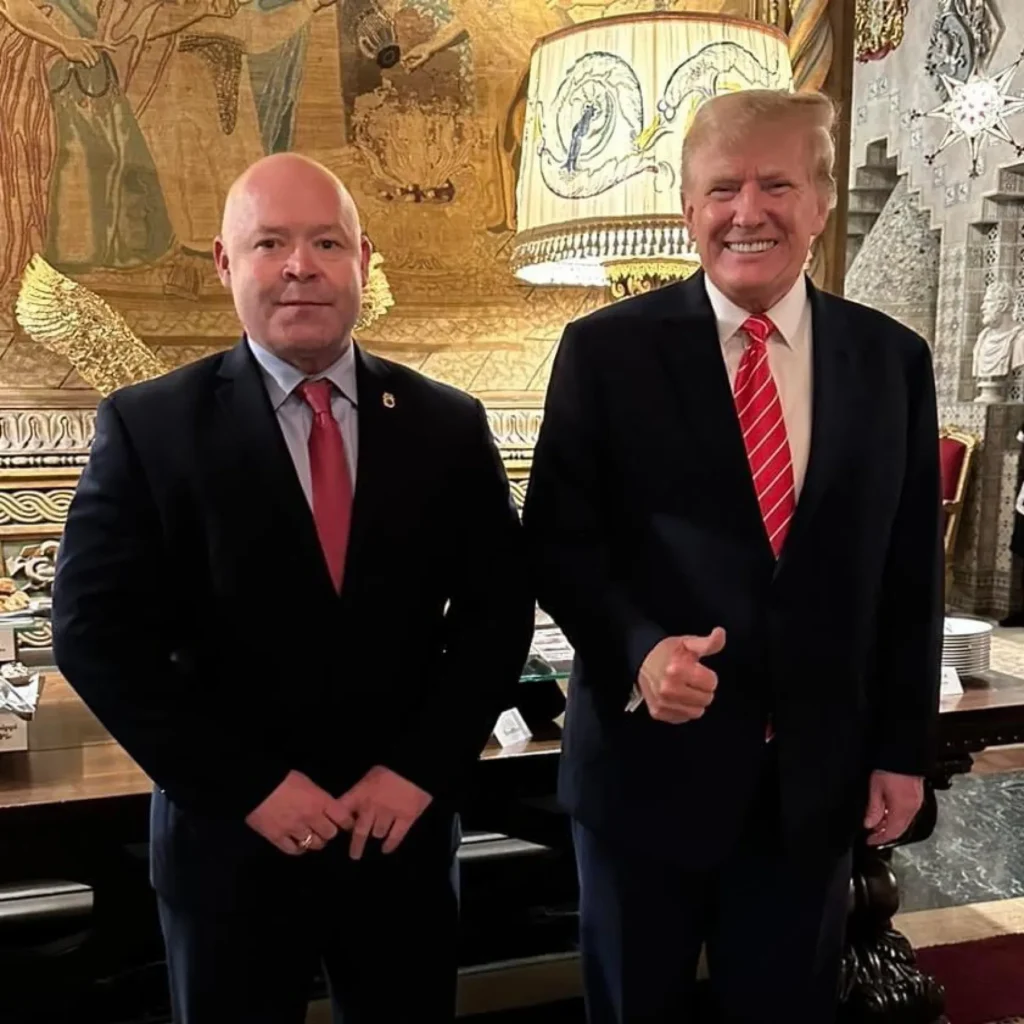How the Labor Movement Can Save Itself

Few if any commenters on the labor movement have been more consistently right over the decades than Bill Fletcher. He continues to be correct here, both in diagnosing how Trumpism and other far right movements around the world threaten to obliterate the remnants of organized labor, how unions’ own errors have helped lead to this moment, and how the only path forward for the labor movement is to be openly anti-fascist and educate their own members on how to do so. Here’s the middle section of the essay for you, but you really should read it all.
Up until about a decade ago, trade union movements in the advanced capitalist world largely downplayed the significance of the rising right-wing populist and neofascist movements. To the extent to which it was acknowledged, there was a tendency to treat the question of right-wing authoritarianism as a marginal movement. In the 1980s, the National Education Association took steps to educate its members about the dangers of white supremacists and other right-wing authoritarian formations which had become very active in the Midwest and North West. Among the larger trade union movement, such actions were the exception, not the rule.
Neofascists claim to be in opposition to “globalism,” whereas much of the established trade union movement often seems to have accommodated itself to neoliberal globalization, even when unions are critical of certain elements of neoliberalism. For the far right, globalism is only partly about the globalization of capitalism, but more commonly refers to the migrant surge of the last 40 years, relocation of jobs overseas and what is seen as the disappearance of borders. Globalism, for those on the far right, is about the breakdown in parochial ways of thinking and acting. As a result, nationalism becomes the flag to protect not the nation state, but the old ways — traditional values. Nationalism becomes linked with revanchism and the idea that these old ways of doing things have been threatened and the possibility for a good life has been taken away from the average person.
To the extent organized labor failed to pay attention to shifts in the methods of work and in the workforce itself — and particularly the growth of casualization and the informal economy — it appeared to its critics to be a movement for an “elite,” though it is highly unlikely that most trade union members would think of themselves as such.
Despite electoral-political engagement by trade unions, there has been a stark reluctance by most union leaders and leadership bodies in the United States to explicitly name the fascist threat, or the broader threat posed by right-wing authoritarianism. This aversion must be situated in the context of the chronic illness that has befallen the U.S. trade union movement — and, for that matter, many other trade union movements in the advanced capitalist world.
This illness amounts to a decline in the face of the neoliberal offensive and a failure to accept that the terms of the post-World War II labor/capital truce no longer hold. In fact, unions in both the public and private sectors are currently being obliterated by more politically-reactionary segments of capital. Rather than pushing the limits on democratic capitalism, the trade union movements have up to this point largely accommodated themselves to defeat, albeit a slow-moving defeat.
With the rise of right-wing populism and neofascism, the crisis has become acute. Neofascism sees the trade union movement as its enemy while at the same time trying to appeal to the working class who make up labor’s membership. However, to win over this base, the far right is harkening back to previous pseudo pro-worker appeals by embracing racist, sexist, homophobic, xenophobic politics that can present as being in the interest of everyday working people.
I have long criticized the complete vacuum of political education in the labor movement, as many unions have simply given up. It doesn’t work. It just means the union means less than ever to the members. And now this is what we have, with labor leaders such as Sean O’Brien actually cozying up to Trump because they themselves value cultural fascism over their union. There are plenty of unions doing a much better job, yes, but this overall state is pretty grim.
